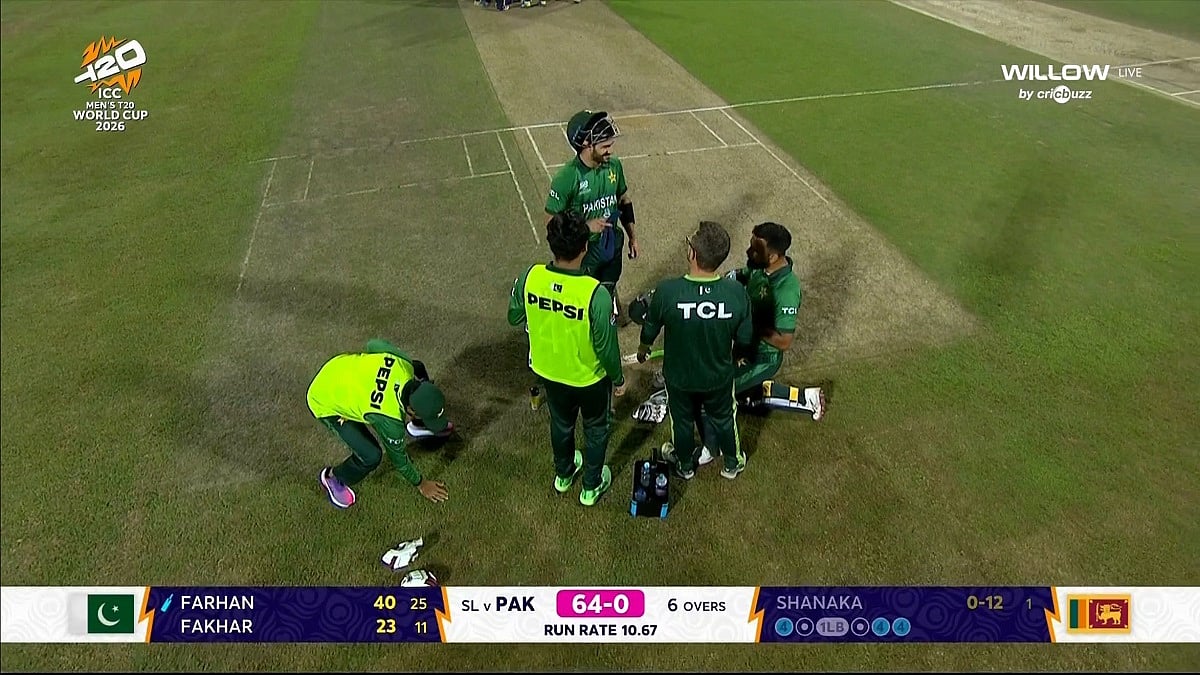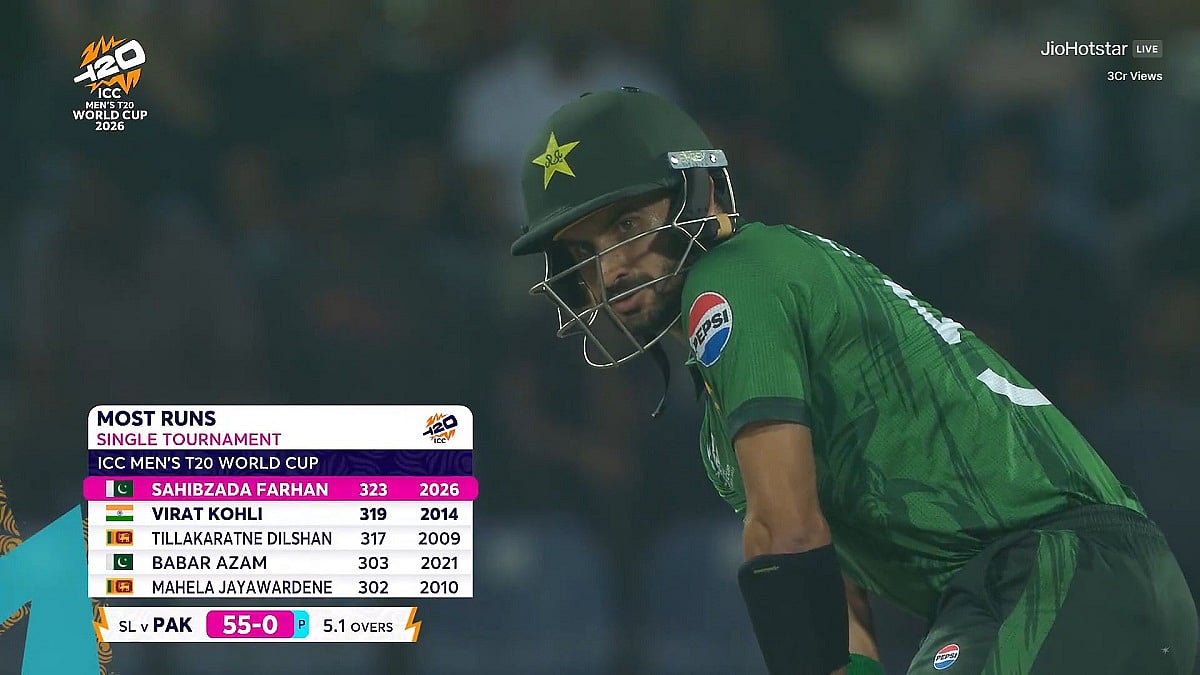Ramadan month has started and fasting is the most important part of this holy month. According to medical studies, patients with hypertension/ high blood pressure can observe fasting if they have no other medical problems.
Do's and Don'ts for people with high blood pressure while Ramadan fasting:
Take your doctor's opinion about your health and ask if you are fit to observe fast or not and about your medication dosages.
If you experience dizziness and headaches, you should seek emergency medical services right away.
Monitor your blood pressure regularly.
Drink plenty of fluids and unsweetened natural juices at Iftar to avoid thirst, dehydration and other associated complications.
Make fruit, vegetables and salads an essential part of your Ramadan meals as they are an important source of potassium that helps control high blood pressure.
Eat fish like salmon and sardines at least twice a week, as it contains healthy fat called Omega-3 which helps regulate blood pressure and prevent cardiovascular diseases.
Consume red meat and poultry in moderation.
Eat low-fat dairy products because calcium plays an important role in regulating blood pressure and improving bone health.
Patients with hypertension should consider Ramadan a golden opportunity to quit smoking significantly increases the risk of heart attacks and strokes.
Ramadan is a good opportunity to gradually lose weight. Studies have shown that weight loss, even at just five percent of body weight, helps normalize blood pressure.
Avoid high-fat dishes and fluids.
Avoid stimulants such as coffee and caffeinated soft drinks to reduce the intake of caffeine.
Avoid processed meat and cheese as they contain higher concentrations of sodium.
Stay away from high sodium foods such as salted nuts and pickles which can lead to hypertension.
Continue exercising during Ramadan as it helps regulate blood pressure though consult your physician before doing it.





